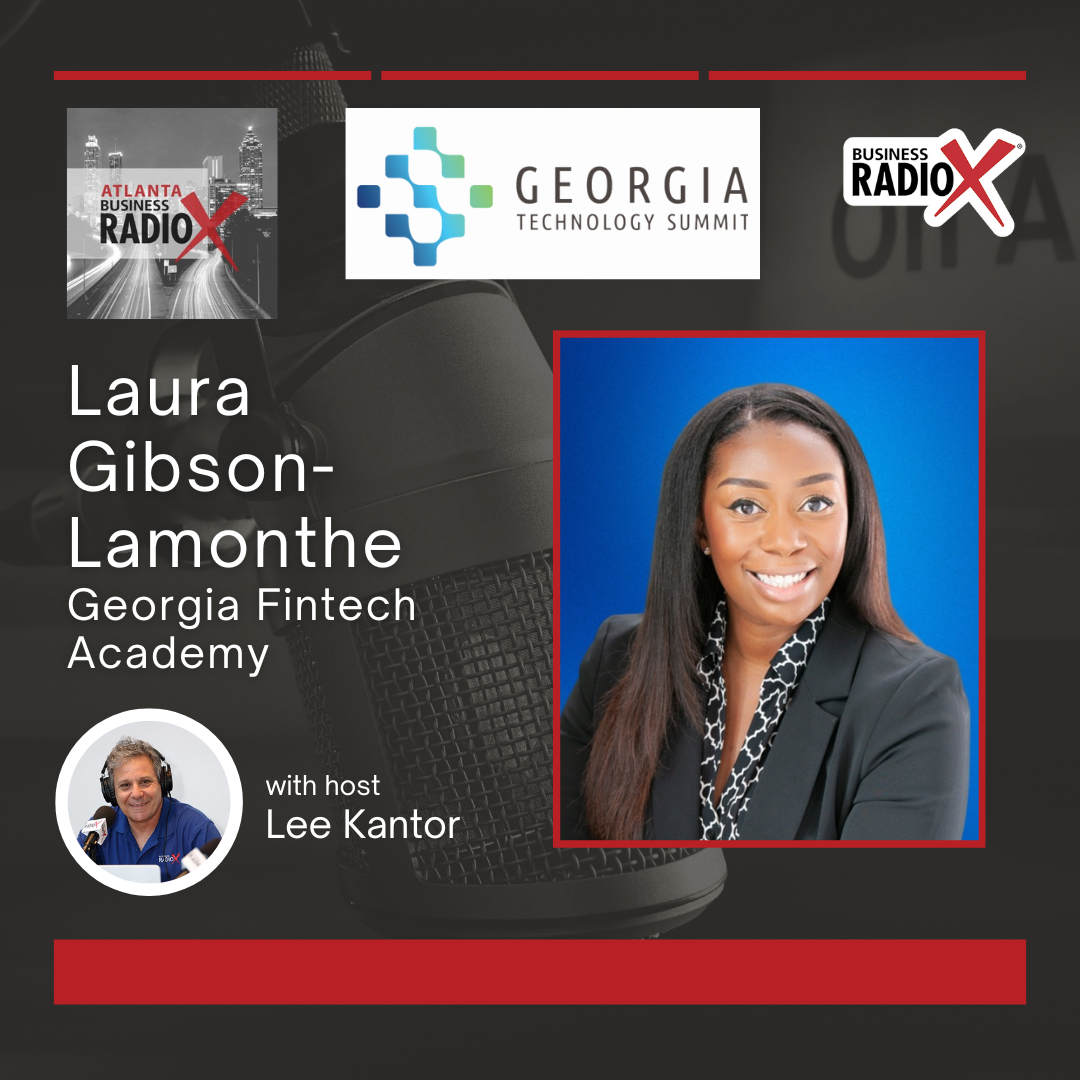

Georgia Technology Summit brings together 1000+ Georgia-focused technologists to network, learn, and engage with the latest trends in Georgia innovation. This year’s summit was held at the Woodruff Arts Center, a stunning and iconic cultural landmark located in the heart of Midtown Atlanta.
 As the Executive Director of the Georgia Fintech Academy, Laura Gibson-Lamothe’s primary objective is to drive meaningful impact within the industry through the implementation of a comprehensive diverse talent development program.
As the Executive Director of the Georgia Fintech Academy, Laura Gibson-Lamothe’s primary objective is to drive meaningful impact within the industry through the implementation of a comprehensive diverse talent development program.
The Georgia Fintech Academy focuses on educating and empowering the next generation of fintech professionals by fostering collaboration with 26 institutions aligned with the University System of Georgia, as well as private universities and HBCUs. Our commitment extends to creating academic pathways to fintech at the secondary level, strategically cultivating a reservoir of talented individuals poised to shape the future of the industry.
Connect with Laura on LinkedIn.
![]() This transcript is machine transcribed by Sonix.
This transcript is machine transcribed by Sonix.
TRANSCRIPT
Intro: Broadcasting live from the Georgia Technology Summit 2025 at the Woodruff Arts Center. This is Business RadioX. And now here’s your host.
Lee Kantor: Lee Kantor here, broadcasting live from the Woodruff Arts Center for the Georgia Technology Summit 2025. So excited to be talking to my next guest, Laura Gibson-Lamonthe. And she is with the Georgia Fintech Academy. Welcome.
Laura Gibson-Lamonthe: Thank you. So happy to be here.
Lee Kantor: Well, I’m so excited to learn what you’re up to. Uh, catch us up. Tell us about the Georgia Fintech Academy. How you serving, folks?
Laura Gibson-Lamonthe: Yes. So we are a talent development initiative within the University System of Georgia, serving all 26 public facing institutions across the state with a fintech curriculum. And so we’re not only providing this the skills and education for our students, but helping them navigate pathways into this industry. So it’s an exciting opportunity to join industry at events like this one. Um, and so we’re here today with several students representing a number of different universities, giving them access to the network and the insights from a technology perspective right here, live in action on campus here at the Woodruff Center.
Lee Kantor: So fintech is one of the, uh, hubs that we have here in technology in the metro Atlanta area. How do you develop the, uh, curriculum for your academies? Are you partnering with the enterprise organizations, like what does that kind of collaboration look like?
Laura Gibson-Lamonthe: Yeah, I like to say we are in lock step with the industry. The industry is evolving so quickly. It’s such a dynamic, uh, field and an exciting time around innovation. And so for us to innovate on the curriculum and how we deliver it means that we have to continuously refine and ensure that we have a close understanding of where the industry. Trends are heading and how we can best provide some of that education in. The curriculum. And so we work with a lot of our partners and have developed a routine where we’re reviewing the curriculum. We’re allowing industry to opine upon that curriculum, and then we’re making curriculum enhancements along the way. And so it’s it’s been exciting to to come and attend these events where, you know, people are showcasing real time some of the technology developments that they have on their radar. And we’re already, you know, writing down notes, um, have conversations, follow ups, obviously, I and embedded payments and some other trends are at the forefront of conversations. We now have to kind of take that back into our, our our mothership. I say, and dissect what that means from an education perspective and ensure that our curriculum is reflective of what the industry is doing and focusing on.
Lee Kantor: So, uh, tell us a little bit about the student who is attracted to this. Like, when does their interest begin? Is it something that you have to even start thinking about? Let’s create some curriculum for elementary and middle and high school.
Laura Gibson-Lamonthe: Yes, yes. So we work closely with the Department of Education. We have students that are taking under the dual enrollment program, uh, focused uh, classes on fintech. Uh, but then outside of that, we’re also providing some exposure early on. I think one of the things that’s a prerequisite to fintech is financial literacy. Um, which is a whole nother conversation we should have in the future. Right. But for math, I mean.
Lee Kantor: That’s critical for even if you’re not going to pursue it as a career, that just that kind of base education is invaluable.
Laura Gibson-Lamonthe: Yep. And I think financial literacy is almost the gateway to fintech for me personally, financial literacy and having to overcome some challenges, um, that I’ve had navigating, you know, just being a consumer, um, and someone who is, you know, starting to earn money and learning how to, you know, best, manage money. It it opened the doors to conversations around the technology that’s providing solutions and services for people to, uh, basically transact, uh, financially. And so for me, it became a career through my financial literacy journey. And I think for students, it’s about educating them about, you know, traditional finance, um, you know, best practices. And it kind of opens that door for, hey, there’s a career in this industry for me, right?
Lee Kantor: My dream is if education could explain to a young person the power of compounding, if they could just do that at a super young age. Um, I think it’s a game changer.
Laura Gibson-Lamonthe: Yes, it is. And I think one of the things that’s really exciting for me is to start seeing some of the students who are taking that, uh, extra step to become founders. So they’re identifying the pain points and the challenges through that financial literacy journey to say, I actually want to be a part of the solution, um, and bring that to the table. So it’s not necessarily just traditional pathways. We’re also focused on entrepreneurship as well.
Lee Kantor: So now, um, has how long has the academy been around?
Laura Gibson-Lamonthe: We’re about to celebrate our five year anniversary. So super excited. 10,000 students.
Lee Kantor: 10,000 students. Yeah. I mean, can you imagine 10,000 people going through the how? That’s so important.
Laura Gibson-Lamonthe: It is, it is. And it’s it’s all happening right here in Georgia. So we’re getting major focus from some of our competitors. And I think, you know, states outside of the state of Georgia that are looking in, uh, at the success of the program and what we’ve been able to achieve. But our focus now is, is really emphasizing the need for jobs, um, internships, full time placement. Obviously, the market is is, you know, taking a shift lately. And our focus is really trying to identify where those opportunities are and help students get placed in them. So we’re constantly facilitating those conversations with companies.
Lee Kantor: Now, has there been any, uh, graduates that have gone on either to start their own business or any kind of success stories you can share?
Laura Gibson-Lamonthe: Yeah, I think one of my favorite success stories, um, only because I’m here in the, uh, the Georgia Technology Summit, uh, last year at, uh, one of the other partner events, Fintech South, we had a student who was literally manning the table, the booth in the expo hall for Truist. Uh, and that student was a recent graduate of the Georgia Fintech Academy. We also had around 30 students attending that event, just as, uh, registrants for and participating in that event. They saw her and were like, that’s what we want to get to. We want to be on the other side working and representing that Truist brand. And I think for me, that was a full cycle of seeing that student, obviously, um, for me seeing her sophomore, junior, senior year and then now working as a career professional at Truist. But then seeing the students who were reflecting on that near peer as a as a goal for what they were aspirational.
Lee Kantor: And now it’s real.
Laura Gibson-Lamonthe: Exactly, exactly. And then the other.
Lee Kantor: Could be you.
Laura Gibson-Lamonthe: Yes, exactly. It could be you. It’s attainable. I think so many times students see, especially at these conferences, they see the executives. Right. You know, folks who are more, you know, tenured and senior in their roles. And it’s a little bit out of touch, right?
Lee Kantor: They don’t see they don’t connect the dots how that’s kind of viable for them. But when they see somebody they know or seen around, all of a sudden they’re there. Yep. Then why not me?
Laura Gibson-Lamonthe: Yes, yes. And we talk about representation that really matters. Representation means a lot of things. Um, it could be, you know, something where it connects with the student and they can they can now kind of realize that that goal and that, that focus. So, um, those opportunities are there’s so many of them that I’ve come across and watching students, you know, get on the stage and represent their own brands as entrepreneurs or as another one. Um, and we’ve had students that, you know, apprentice with some startups here in the state. Um, you know, we’ve had students go over and work at the Atlanta Tech Village, which is doing exciting things here in Atlanta and Georgia as well. Um, and so being able to see them shine in different ways, in different capacities and kind of broaden their horizons as far as where their career pathway could lead them has been been really rewarding.
Lee Kantor: So what do you need more of? How can we help you?
Laura Gibson-Lamonthe: Yes, I need jobs. I need job. Job jobs, I need internships. I’m looking for internships and and and jobs. Full time placement opportunities. These roles, um, vary. I think in the fintech space, people think, you know, traditionally data science, cybersecurity. But we have, you know, students that are navigating pathways towards product, uh, management, product development, project management, marketing, even, um, consulting sales. There are so many different segments in this space. And I think for our students, we’re we’re now looking at, uh, just the industry much more broadly. And so for for folks who are in an organization who are looking for early talent, um, and not just early talent, we also have, uh, folks that are continuing ed, they have, you know, more years of experience under their belt who are coming back into the academic fold to, you know, continue to refine their skills. And so we do have a growing portfolio of experienced professionals and some that are just embarking on their journey at the early talent stage.
Lee Kantor: Now, um, why was it important for you? Are you attending the event here or are you did you bring some students with you?
Laura Gibson-Lamonthe: I did bring some students with me. Um, and they’re they’re being good. They’re in the the main session right now and the main stage. Um, you know, we actually had a pep talk coaching session where we did kind of, like networking best practices, how to maximize what you’re getting out of this event. And so they’re they’re out here, um, meeting and learning and soaking up everything they can. Um, and so for us, it’s been, you know, kind of helping facilitate the, the networking, getting them warm and comfortable in this space. I think this also gives them an opportunity to demonstrate what they’ve learned, since they don’t necessarily get that, they get that with their peers. But to put them in a in an immersive experience where we are putting them, you know, with a couple of hundred or more, uh, professionals is is something that really gets them to, to get that practice and that skill refined.
Lee Kantor: So when you’re working with enterprise level organizations, or I’m sure you’re open to having conversations with startups as well. Yeah. Who at that organization is the right person for you to talk to? So you can explain the value of collaborating?
Laura Gibson-Lamonthe: Yeah. I think, you know, initially we start off with a lot of the folks in the talent space, air recruiting. Um, but for me, it’s really been, uh, extremely beneficial to, to meet with the folks that are on the tech side. You know, tech managers, leaders who are driving the talent acquisition strategy versus the execution of that strategy. So if you are anyone that’s influencing, uh, the plans for scalability within your organization when it comes to human resources and, and, and the people within your organization, that’s that’s who I really want to talk with. Um, for us, it’s going beyond the fact that you might have an immediate need to start starting to get more strategic about future state and what your growth goals are. Um, because those change over time and as we talked about earlier, the economy and where it stands today, and it’s a luxury to really invest in early talent, but it’s an imperative, uh, for the sustainability of any organization, no matter what stage you are in. Um, a matter of fact. So I think for having that conversation really requires leaders who are transforming and building and developing their organizations.
Lee Kantor: So if somebody wants to learn more, what’s the best way to connect with you or somebody on your team?
Laura Gibson-Lamonthe: Yes. So I would recommend going to our website, Georgia Fintech Academy. Org or you can find me on LinkedIn Laura Gibson Lamoth. Um, or if you just look up Laura Gibson, I pop up, uh, as well. Um, but we are always active. Um, you can find us at a lot of the industry events, uh, coming up, um, as well as, uh, some of the things that we’re doing on various campuses. So look out for us on on either channel.
Lee Kantor: Well, Laura, thank you so much for sharing your story today. You’re doing such important work and we appreciate you.
Laura Gibson-Lamonthe: Thank you for having me.
Lee Kantor: All right. This is Lee Kantor back in a few at Georgia Technology Summit 2025.

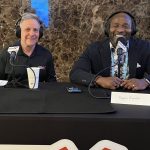 Reggie Marable, Head of Sales at Sierra, is a dynamic sales leader with P&L responsibility and global leadership experience.
Reggie Marable, Head of Sales at Sierra, is a dynamic sales leader with P&L responsibility and global leadership experience.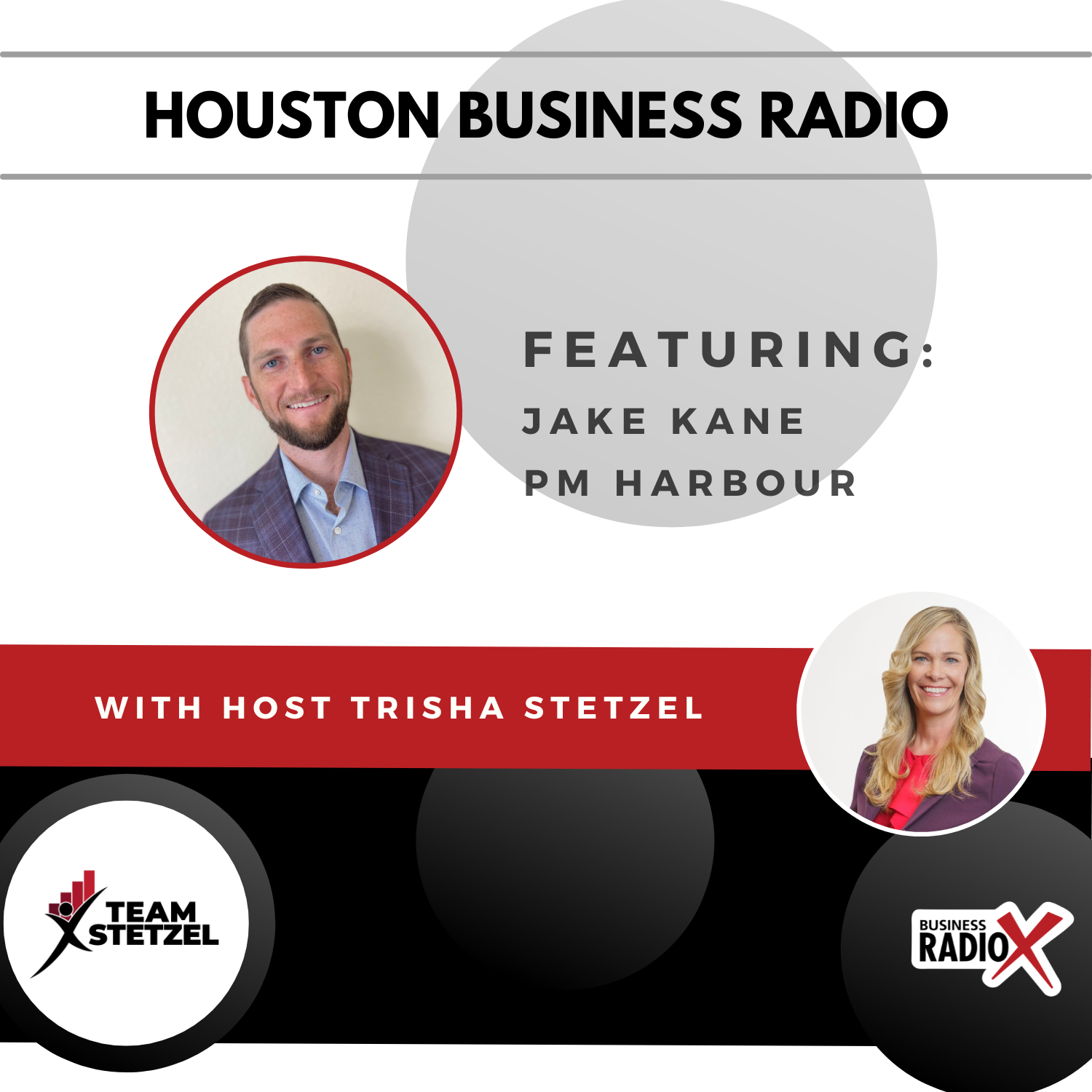
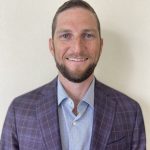 Jake Kane is the Founder and CEO of
Jake Kane is the Founder and CEO of 
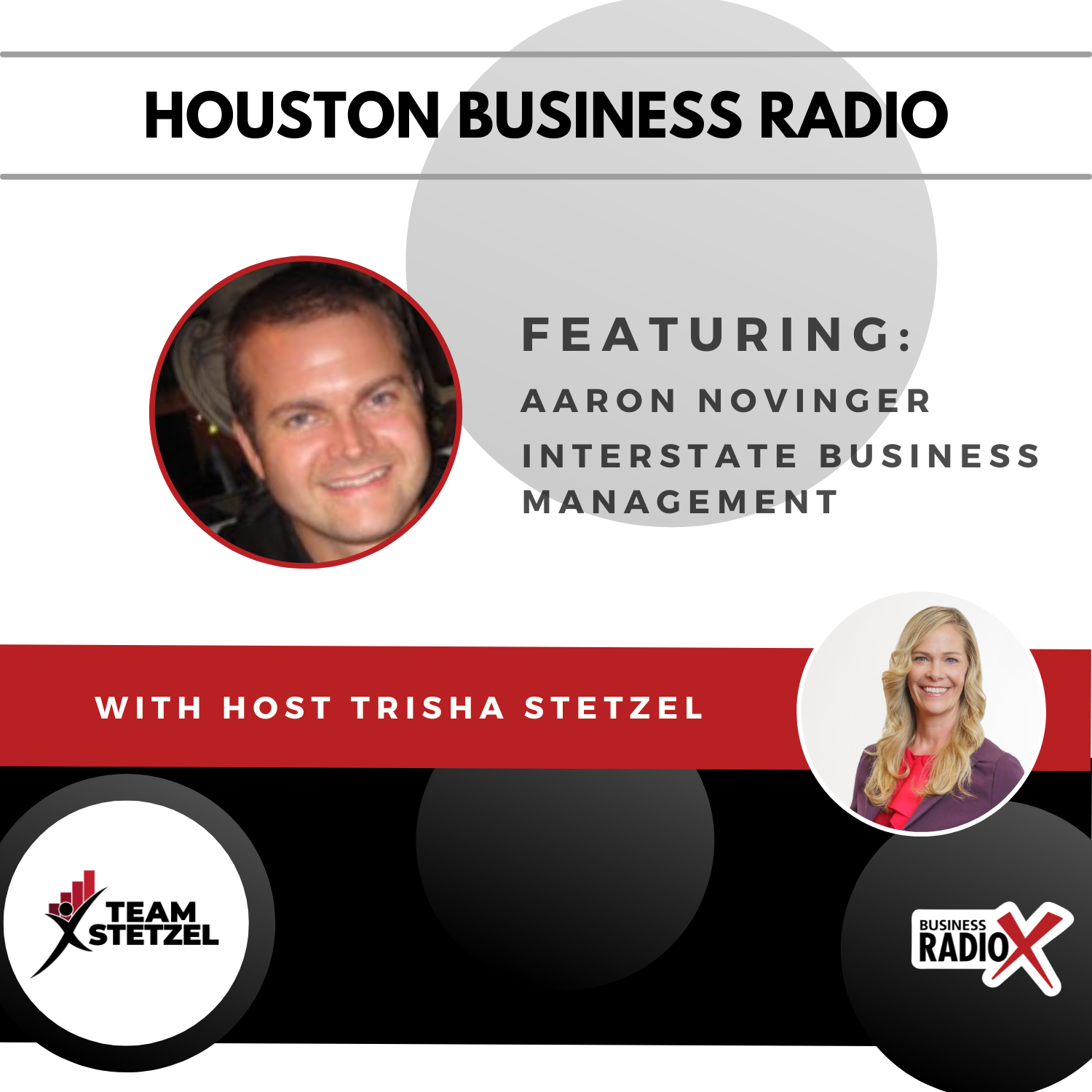

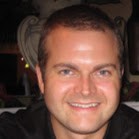 Aaron Novinger is a strategic advisor with Interstate Business Management. Aaron discussed his small business accounting firm and his second heart project, which involves a bicycle ride from Dallas to Washington, DC, to raise awareness and funds for families affected by Ponzi schemes.
Aaron Novinger is a strategic advisor with Interstate Business Management. Aaron discussed his small business accounting firm and his second heart project, which involves a bicycle ride from Dallas to Washington, DC, to raise awareness and funds for families affected by Ponzi schemes.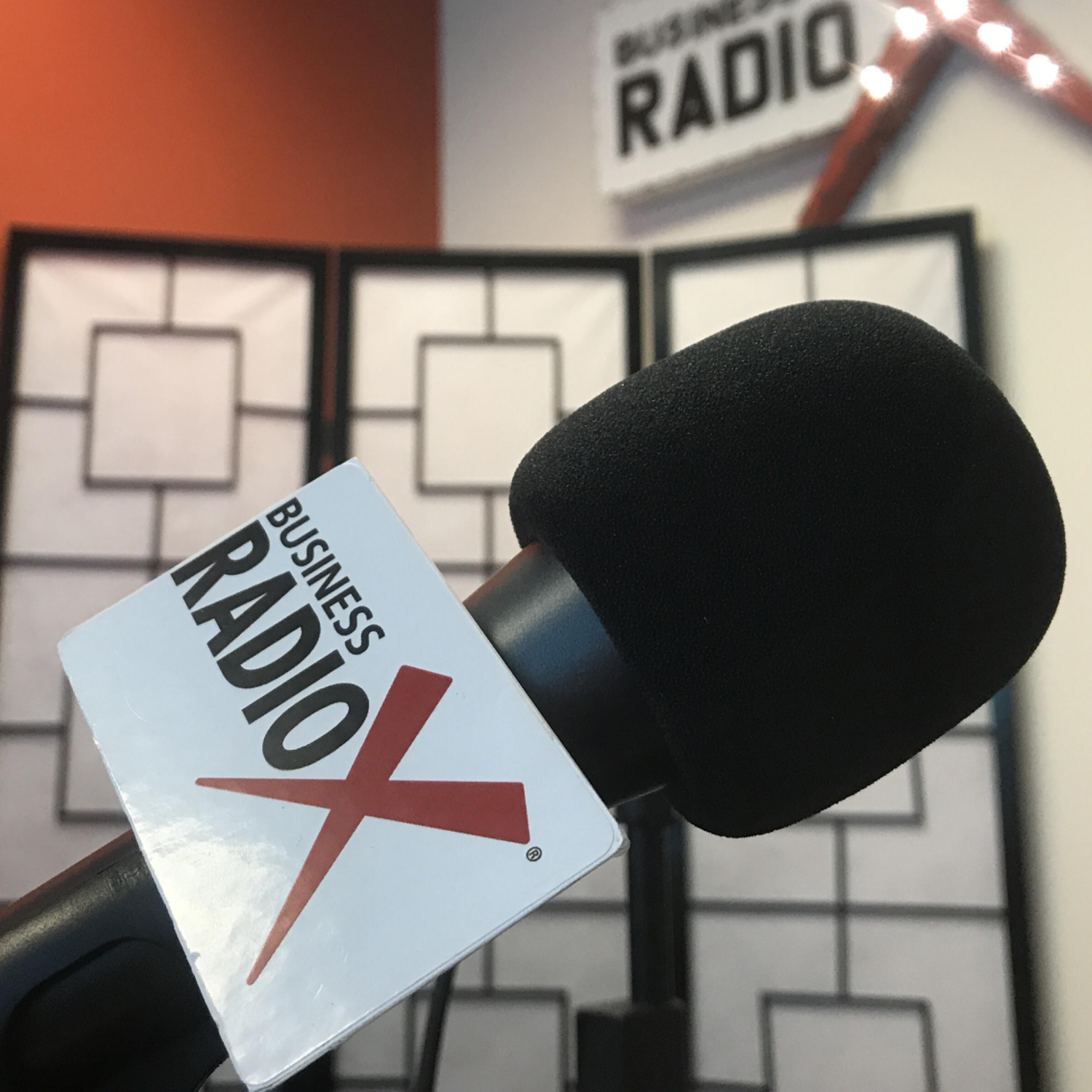

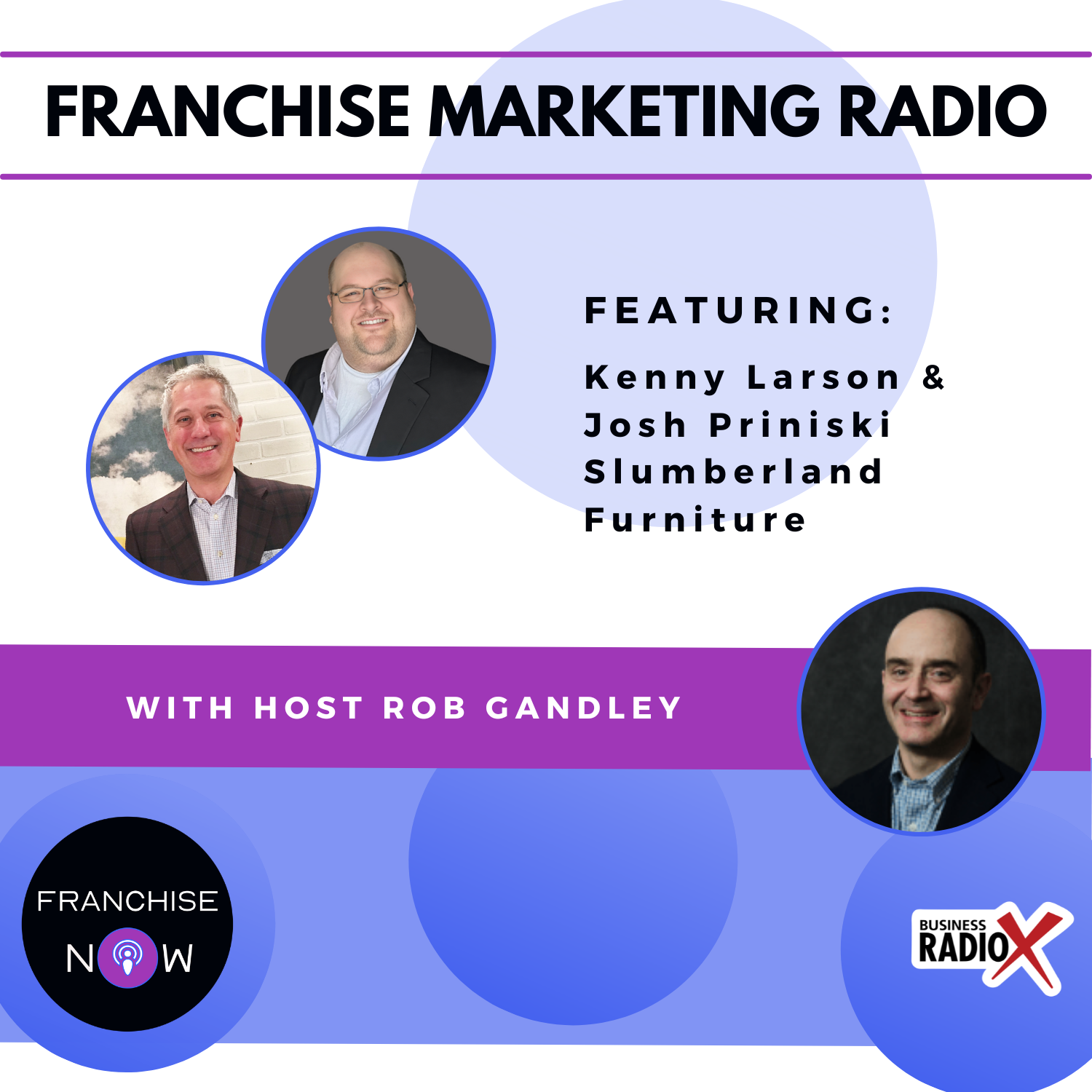
 Kenny Larson is the President & CEO of family owned
Kenny Larson is the President & CEO of family owned  Josh Priniski is the Vice President of Franchise at Slumberland Furniture, a family-owned company with locations across 12 states in the heart of the country. A proud Midwesterner, Josh grew up in the region and earned his B.S. in Philosophy from the University of Wisconsin–Oshkosh—a degree that laid the groundwork for thoughtful problem-solving and people-centered leadership.
Josh Priniski is the Vice President of Franchise at Slumberland Furniture, a family-owned company with locations across 12 states in the heart of the country. A proud Midwesterner, Josh grew up in the region and earned his B.S. in Philosophy from the University of Wisconsin–Oshkosh—a degree that laid the groundwork for thoughtful problem-solving and people-centered leadership.
 Pei Wu is the visionary founder and CEO of
Pei Wu is the visionary founder and CEO of 














